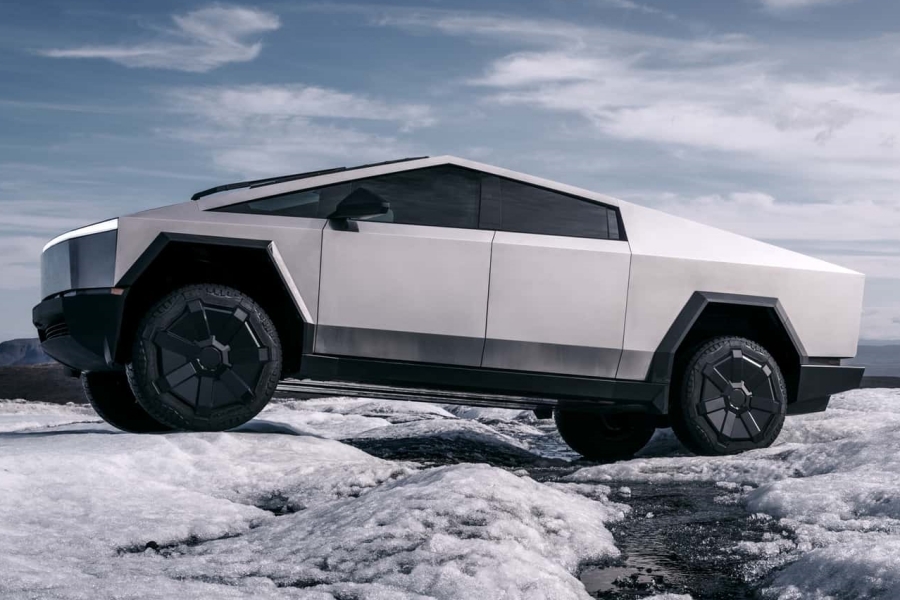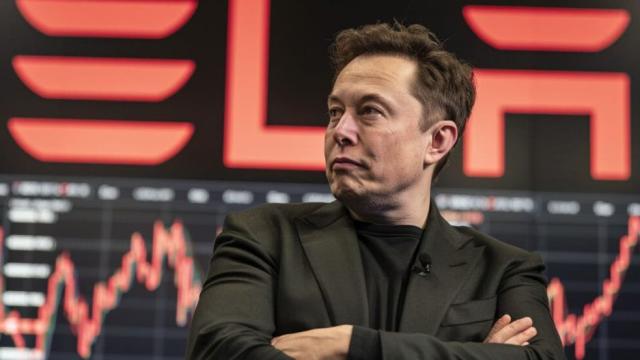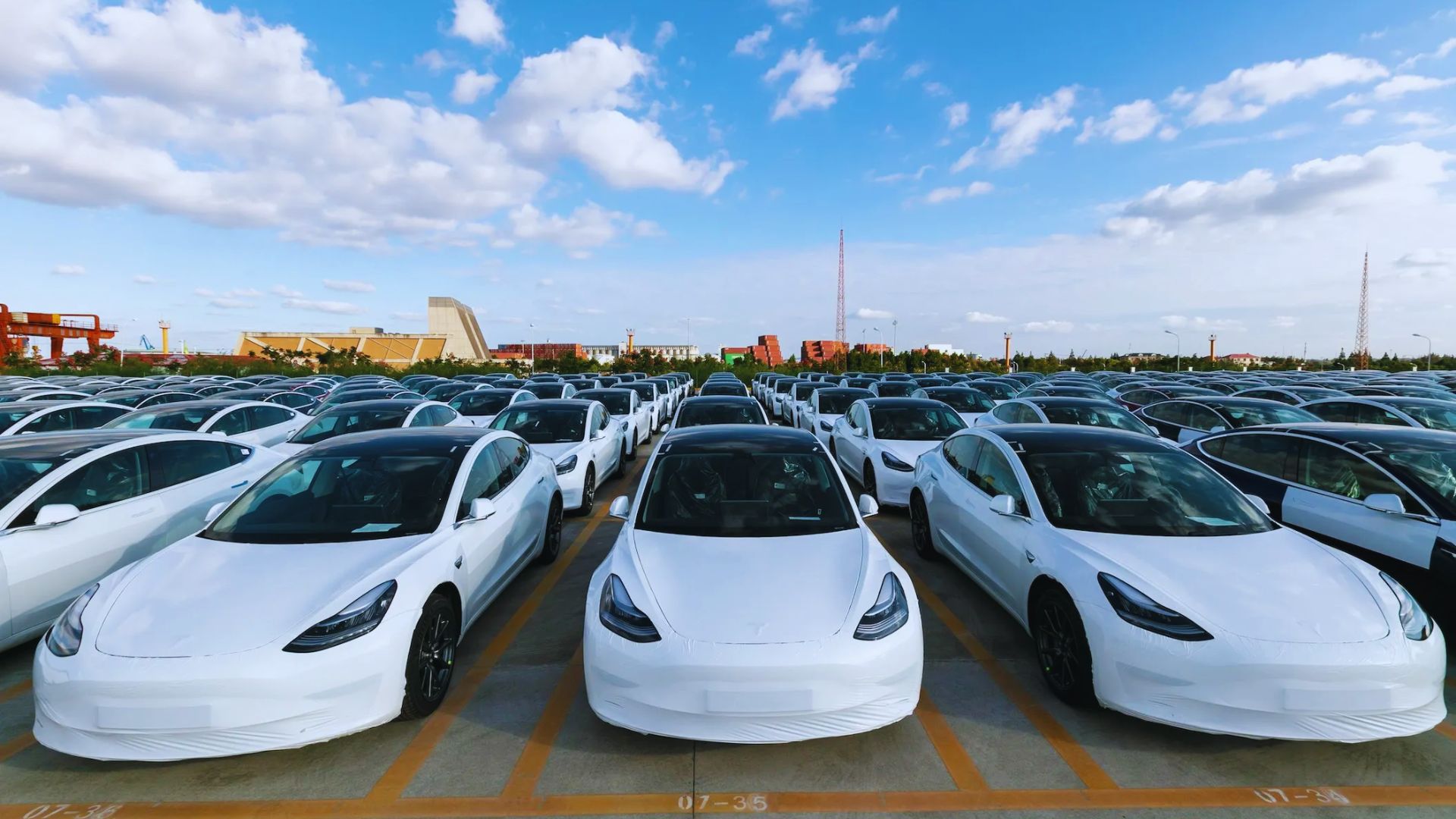Tesla’s Cybertruck, with its unique design and stainless steel body, faces significant production challenges.
Unveiled in 2019, Tesla’s Cybertruck promised a revolution in electric vehicles with its futuristic design. However, the journey to market has been fraught with challenges, especially in manufacturing the truck’s unique stainless steel body, testing Tesla’s innovation and production capabilities to their limits.
The Unveiling of a Futuristic Design
In November 2019, Tesla unveiled the Cybertruck, an electric truck with a revolutionary design and stainless steel body, setting the automotive world abuzz. It marked a significant departure from conventional vehicle designs and captured widespread attention.
Challenges in Bringing the Cybertruck to Market
Despite an initial release target of 2021, Tesla faced numerous delays in getting the Cybertruck to market. Nearly four years after its announcement, the first deliveries are scheduled for the end of November. The journey to this point underscores the challenges inherent in bringing such an innovative concept to fruition.
Production Hurdles with Unique Materials
The Cybertruck’s use of stainless steel presents unique production challenges. John Voelcker, a Car and Driver Magazine editor, highlights the difficulty of working with this material. Tesla’s response includes developing a new manufacturing process, “air bending,” to shape the steel, as explained by Lars Moravy, Tesla’s VP of Vehicle Engineering.
Precision and Perfection in Manufacturing
The Cybertruck’s design demands exceptional precision in manufacturing. Elon Musk emphasized to Tesla employees the need for sub-10 micron accuracy in all parts of the vehicle, a requirement stemming from its bright metal and sharp-edged design.
Managing Expectations for the Cybertruck’s Future
In Tesla’s third-quarter earnings call, Musk tempered expectations about the Cybertruck’s impact on the company’s financials. He acknowledged the significant challenges in scaling up production and cautioned that it might take over a year for the vehicle to substantially contribute to Tesla’s cash flow, setting a realistic tone for the Cybertruck’s entry into the market.
Conclusion
As Tesla navigates the complex path of producing the Cybertruck, it underscores the intricate balance between groundbreaking innovation and practical manufacturing challenges. This journey highlights the hurdles that even industry giants face when turning bold visions into tangible products, a testament to the relentless pursuit of technological advancement.




